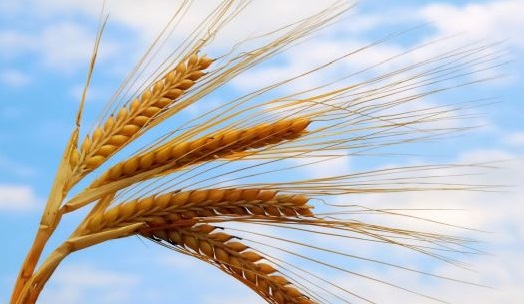
A Beginner’s Guide to Indian Commodity Futures Markets
Indian research organisation Madhyam, a SOMO partner organisation, recently published a guide which explains in simple language commodity derivatives markets and their impact on society. By having a special emphasis on the Indian markets, it shows in concrete ways how the futures markets operate and what the consequences are when they are badly regulated.
Skyrocketing food prices in 2007 and 2008 sparked riots in more than 40 countries and provoked a heated debate in academic and policy circles regarding the role of commodity derivatives markets in aggravating food price rises. In India, the government banned futures trading in several agricultural commodities in 2008 to control food inflation. At international level, decisions were taken to improve the regulation so as to avoid food price volatility and speculation, but the technical discussions made it difficult for citizens to assess the effectiveness of the regulatory response.
Aim of the guide
Concrete examples in the guide, such as the manipulation of the Indian commodity futures markets by a few big players who enrich themselves at the cost of farmers and small traders, show the importance for many, from consumers to producers and policy makers. The guide aims to enhance the public’s understanding of the intricacies of commodity futures markets and attempts to engage citizens, farmers, parliamentarians, market practitioners, policymakers, academicians and journalists with an interest in the area of commodity derivatives markets in general and Indian markets in particular.
How to improve regulation and supervision
The guide reveals how systemic corruption and frauds take place frequently in the Indian markets due to inherent weakness of the institutions responsible for making and enforcing regulations. The Guide provides well-documented evidence of how the commodity futures markets are moving away from their avowed objectives of price discovery and price risk management in an efficient and orderly manner. The guide concludes with specific policy recommendations to improve the regulation and supervision of commodity futures markets.
Awareness raising and promotion
SOMO supports the awareness raising and promotion of public and political discussions in developing countries as well as in the EU about the impact of commodity derivatives markets and related (food) commodity price speculation on poor consumers and producers. SOMO is among civil society organisations who are active on the EU’s commodity derivatives market reform, as reflected in the report “Financial instruments and legal frameworks of derivatives markets in EU agriculture”. Read more about the cooperation between SOMO and Madhyam.
A Beginners Guide to Indian Commodity Futures Markets.pdf (2296 downloads )Do you need more information?
-

Myriam Vander Stichele
Senior Researcher
Related news
-

-
Why share buybacks are bad for the planet and peoplePosted in category:Opinion
 Myriam Vander StichelePublished on:
Myriam Vander StichelePublished on: Myriam Vander Stichele
Myriam Vander Stichele -
Hungry for profits Published on:
 Vincent KiezebrinkPosted in category:Publication
Vincent KiezebrinkPosted in category:Publication Vincent Kiezebrink
Vincent Kiezebrink


